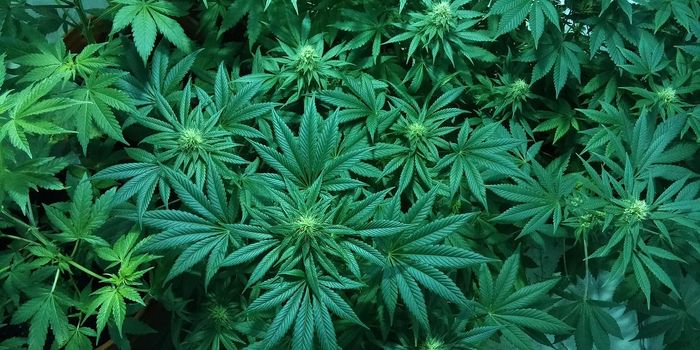Why do Some Medical Cannabis Patients Use Illegal Products?
While medical cannabis can now be legally accessed by patients through designated pharmacies, some still choose to use illicit products due to high costs and access problems. The findings were published in the Journal of Cannabis Research.
For the study, researchers analyzed survey responses from 211 newly-registered adult participants in Utah’s Medical Cannabis program who had been diagnosed with chronic pain, post-traumatic stress disorder and/ or cancer. The survey assessed physical and mental health, program experiences, and barriers and contributors to accessing medical cannabis.
Ultimately, the researchers found that 24 participants- or 12% of the cohort- had used illicit medical cannabis in the last two weeks. Altogether, 79% of patients using illicit medical cannabis reported product cost as a main motive for use. Other motives included access barriers like insurance problems or not having any medical cannabis pharmacies nearby, and program enrollment experiences.
Perception of medical cannabis use also arose as a contributing factor. While the researchers found that participants who use illicit medical cannabis experience negative cultural or familial perceptions of medical cannabis use at a similar rate as those who do not use illicit products, those using them were more influenced by the negative perceptions. Fear of experiencing discrimination at work or stigma by medical cannabis providers was linked to higher use of illicit products.
"Given the dangers of illicit cannabis and the recency of Utah’s medical cannabis program, it’s especially critical to do research to understand how people use the program,” said study author, Lirit Franks, PhD, research development associate in the Program for Addiction Research, Clinical Care, KNowledge, and Advocacy (PARCKA) at the University of Utah’sSchool of Medicine, in a press release.
“If we pay attention to what is standing in the way, maybe we can reduce those barriers and allow people access to safer products,” she added.
Sources: EurekAlert, Journal of Cannabis Research









